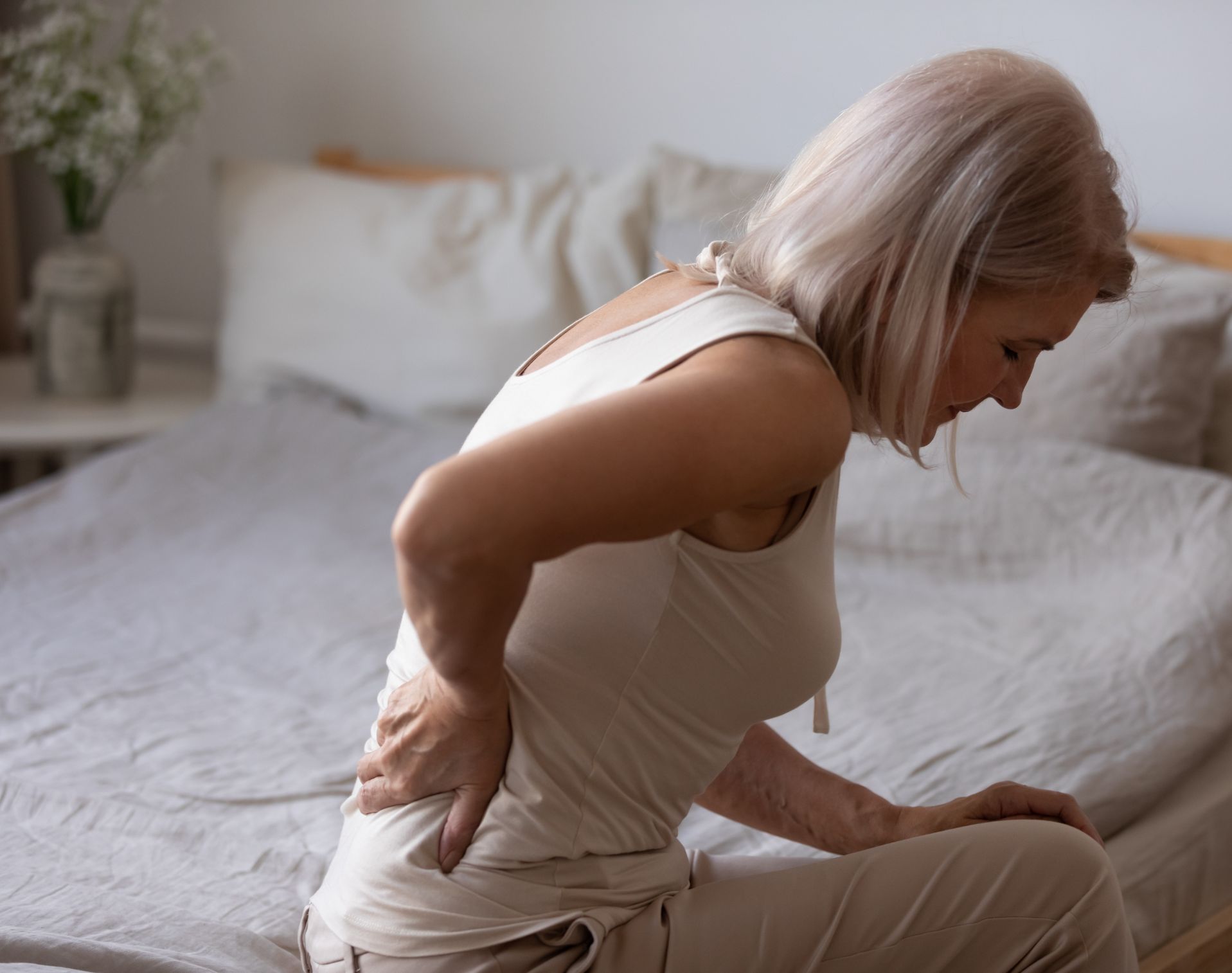Professor Shern Chew
Consultant Endocrinologist
Specialist expertise: Pituitary Disorders, Adrenal Endocrine Disease, Familial Endocrine Disease, Endocrine Tumour, Calcium Imbalance, Endocrinology.
Osteoporosis causes the bones to become brittle and weak, making them more fragile and susceptible to breaks.

Osteoporosis is a condition that causes bones to become brittle and weak, making them fragile enough that even minor bumps, falls or stresses can cause a fracture (break). Osteoporosis-related fractures often occur in the hips, wrists and spine.
It’s a common condition that can affect anyone and risk increases with age. Women are 4 times more likely than men to be affected.
Bones are living tissues and are in a constant state of renewal. New bone is formed quickly in childhood and adolescence, with bone density peaking in the mid to late 20s. From then, bone is replaced at the same rate as it’s broken down.
At the age of around 40, bone starts to be broken down more quickly than it’s replaced, causing a loss of bone density. Losing bone density faster than normal can lead to osteoporosis.
Factors that can increase the risk of developing osteoporosis include:
There are no specific symptoms of bone loss, but once the bones are affected by osteoporosis signs of the condition can include:
If osteoporosis is suspected, a DEXA (dual-energy x-ray absorptiometry) scan may be done to measure the density of the bones and make a diagnosis.
For people with severe osteoporosis, medications may be recommended to slow down bone loss and speed up renewal, to help prevent fractures.
To reduce the risk of a fracture it’s important to remove tripping hazards around the home. Stopping smoking can help reduce the rate of bone loss and cutting back on alcohol consumption can reduce the risk of falls.
If a break does happen, it will need immediate medical attention. Self-care to help with recovery from a fracture includes taking regular painkillers and applying hot and cold therapies.
We also offer zoledronate infusion as a treatment option for osteoporosis, which helps strengthen bones and reduce the risk of fractures.
Currently selected day
Available consultations
Our consultants, who are all either heads of service at London teaching hospitals, or have played major roles in clinical innovation, employ their collective expertise, knowledge and deep experience to deliver the best care possible.